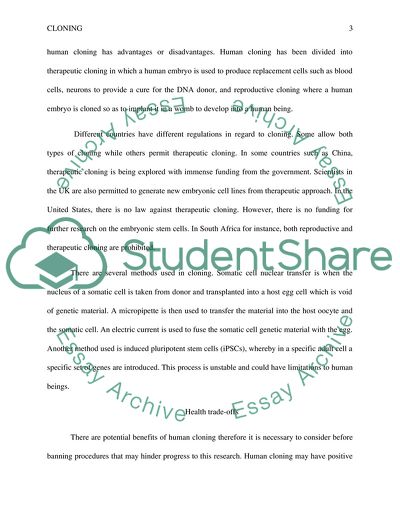Cite this document
(Economic, Health, Environmental and Ethical Trade-offs in Cloning Essay, n.d.)
Economic, Health, Environmental and Ethical Trade-offs in Cloning Essay. https://studentshare.org/biology/1841163-human-cloning
Economic, Health, Environmental and Ethical Trade-offs in Cloning Essay. https://studentshare.org/biology/1841163-human-cloning
(Economic, Health, Environmental and Ethical Trade-Offs in Cloning Essay)
Economic, Health, Environmental and Ethical Trade-Offs in Cloning Essay. https://studentshare.org/biology/1841163-human-cloning.
Economic, Health, Environmental and Ethical Trade-Offs in Cloning Essay. https://studentshare.org/biology/1841163-human-cloning.
“Economic, Health, Environmental and Ethical Trade-Offs in Cloning Essay”. https://studentshare.org/biology/1841163-human-cloning.


